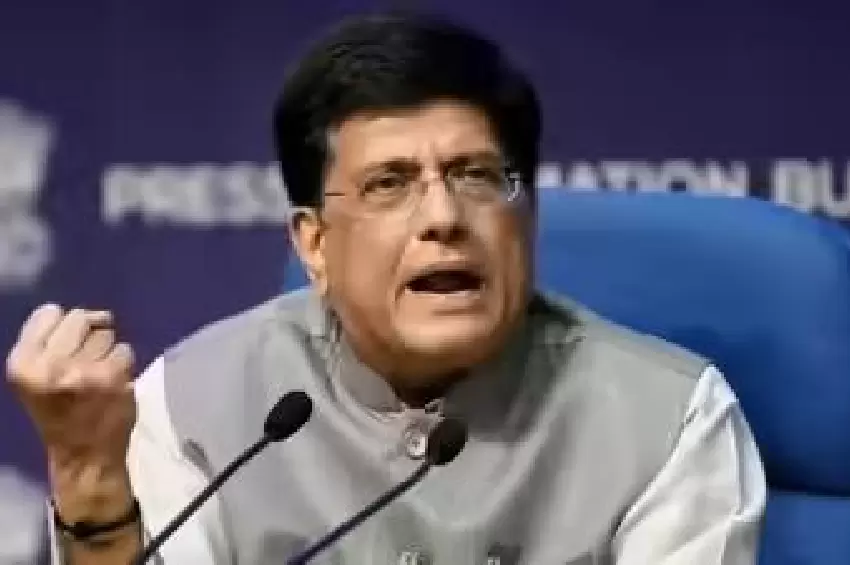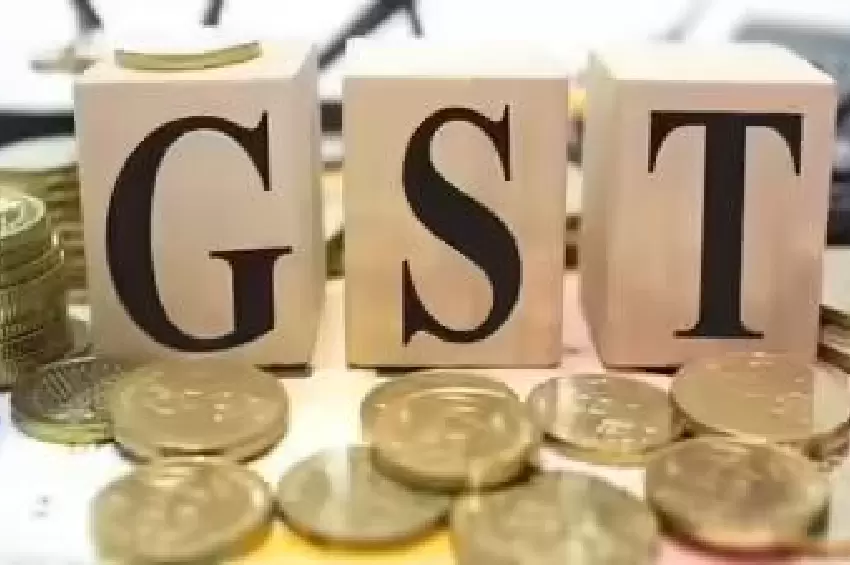Operation Sindoor: A Reality Check on Pakistan's Economic Stability
As tensions between India and Pakistan escalate, the question arises: Can Pakistan afford a large-scale conflict with India? With its economy showing modest signs of improvement under a $7 billion IMF programme, Pakistan's current economic position remains precarious. Experts warn that a sustained military engagement would be considerably more damaging to Pakistan's economy than to India's.

India's Economic Superiority India, the world’s fifth largest economy, contrasts sharply with Pakistan, which doesn't rank in the top 40. Pakistan's reliance on IMF and World Bank bailouts highlights its vulnerability. With external debt exceeding $131 billion and foreign-exchange reserves covering only three months of imports, Pakistan's economic stability is under threat.
The Impact of Military Engagement
Any major crisis could lead to economic breakdown and widespread hardship. India's recent measures, including banning all imports from Pakistan and contesting a proposed $1.3-billion IMF loan for Pakistan, exacerbate the situation. Moody’s and S&P Global Ratings warn that escalating tensions could derail Pakistan's economic recovery and access to external financing.
The Stock Market Reaction Pakistan’s stock market has plunged around 9% in reaction to India’s Operation Sindoor, while Indian markets remain steady. This disparity underscores the economic risks Pakistan faces in a conflict with India.
Conclusion
Given these circumstances, Islamabad must prioritize avoiding any major escalation to ensure its economy's survival. The message is clear: Pakistan's economic stability is at stake in the face of rising tensions with India.









Comments